
70 Years of Advancing Genetics
Since being the first dedicated human genetics department in the US, we've revolutionized the field in research, education and patient-centered care.
The Department of Human Genetics at the University of Michigan Medical School is devoted to advancing the fields of genetics and genomics to further our understanding of biology and human disease. This mission is accomplished by: (1) generating knowledge through our research programs; and (2) providing mentored training in genetics to the next generation of scientists and clinicians. These goals are pursued with close attention to building a healthy and productive departmental community and to increasing inclusion, equity, and diversity in all areas.
The U-M Medical School Department of Human Genetics was established at the University of Michigan in 1956 and is recognized as the first dedicated human genetics department in the USA. James V. Neel MD PhD, initially hired to direct the hospital Heredity Clinic, petitioned the Medical School to establish an academic, basic science department that would be an international leader in this nascent field. Dr. Neel chaired the Department for 25 years (1956-1984). He recruited faculty with a broad definition of research in human genetics, which ultimately included viral and bacterial genetics, model organism genetics, somatic cell genetics, familial genetics, and population genetics.
After a period of interim chairs that concluded with Dr. Miriam Meisler PhD (1986-1987), Thomas D. Gelehrter, MD was appointed as permanent Chair. During his 17-year term (1987-2004), Dr. Gelehrter expanded the Department with faculty recruitments in molecular genetics, transcriptional regulation, transgenic technology, mouse models of human disease, medical genetics, gene therapy, population genetics, and statistical genetics. During this time, the Department extended the training of PhD and Masters degree students in basic genetics science, and established a Masters degree program in Genetic Counseling.
The nearly 70-year history of the Department of Human Genetics is, in many ways, a microcosm of the fields of human genetics, genomics, and genetics education. Beginning as a cluster of basic scientists on the margins of human health care, the Department has expanded in faculty numbers and research breadth. Strong, stable, and forward-looking leadership – combined with support and investment from the University and Medical School – has yielded a vibrant and innovative community of teachers and scientists.
See how our department has evolved over the years.
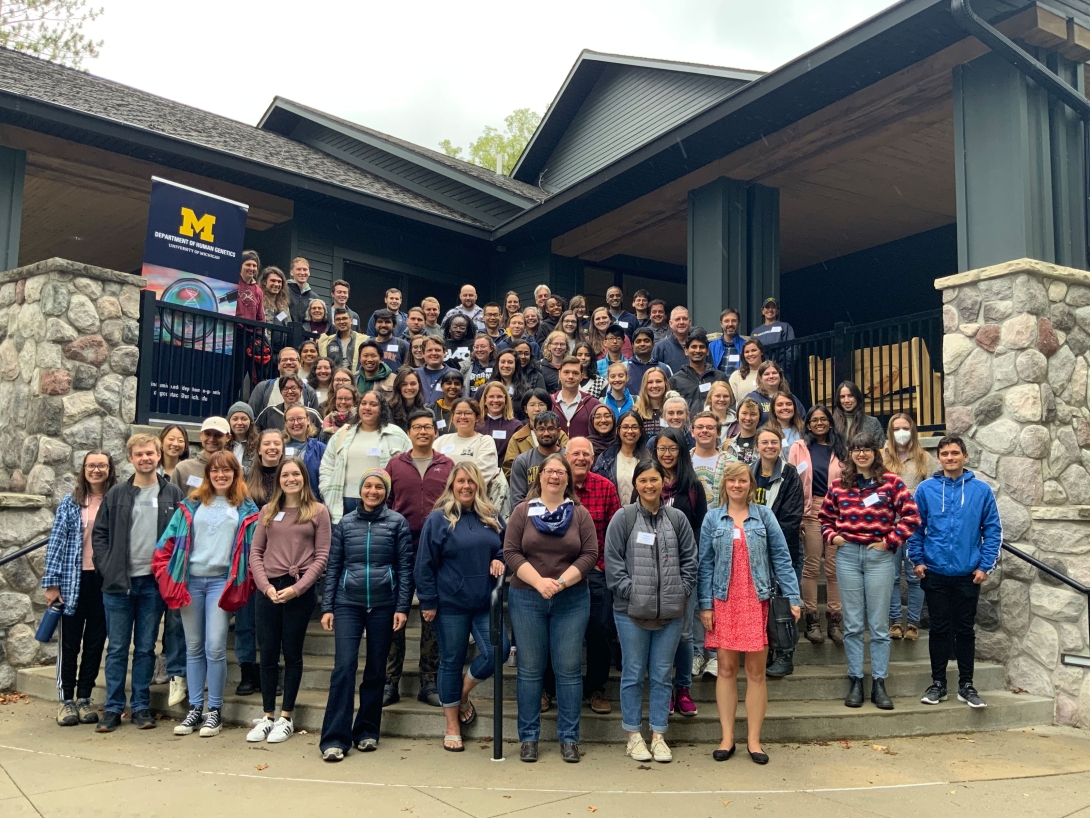
Stay informed and get the latest information about our latest news, seminars, events and more.
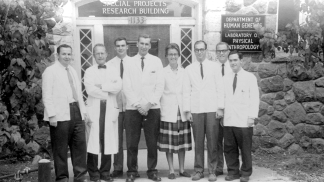



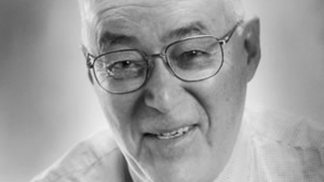

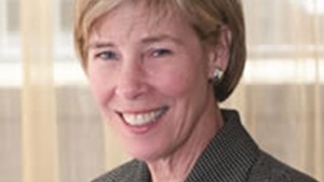

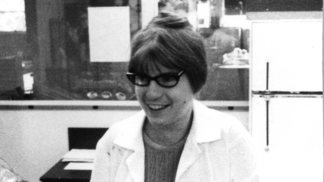

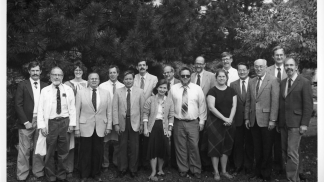

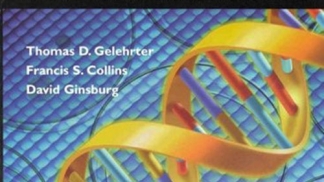

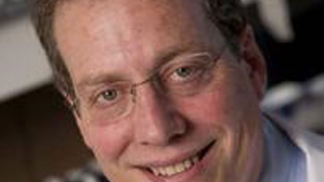

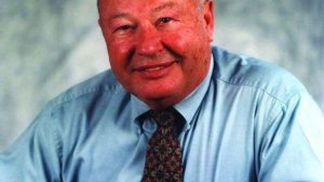

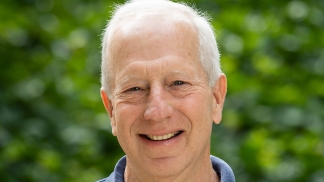







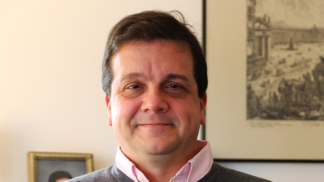

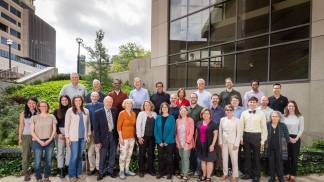

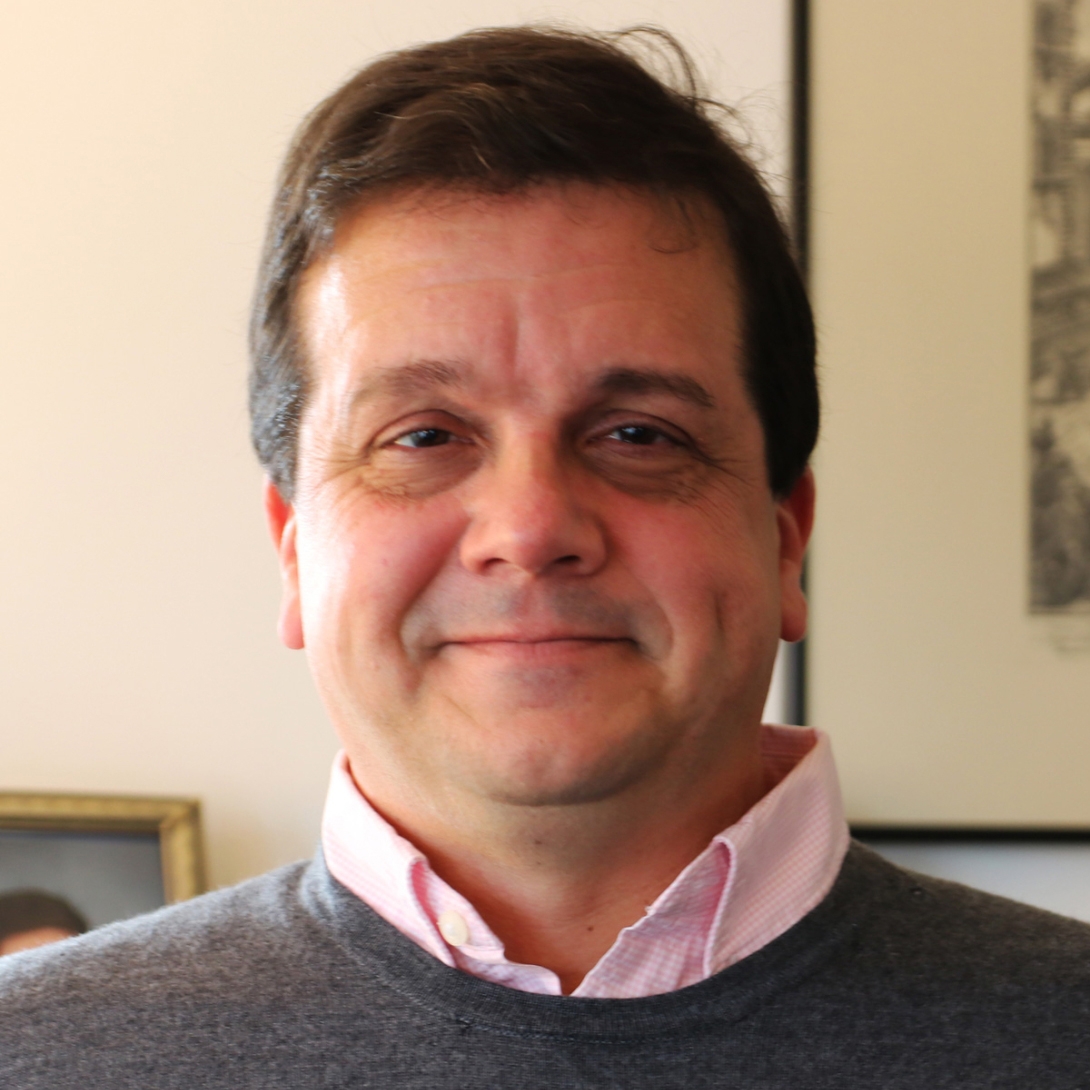
Professor of Human Genetics
Chair, Department of Human Genetics
Professor of Neurology
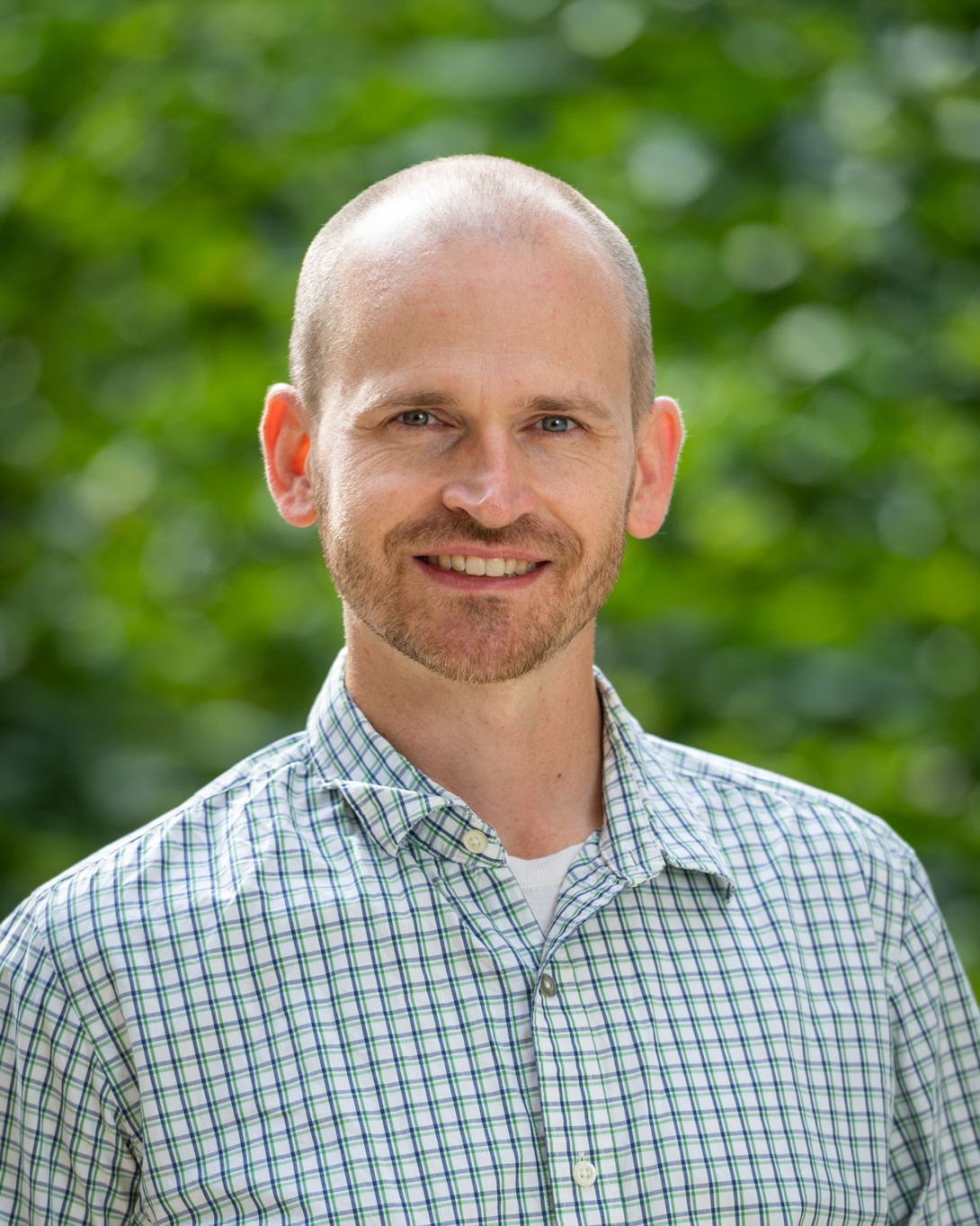
Associate Professor of Computational Medicine and Bioinformatics
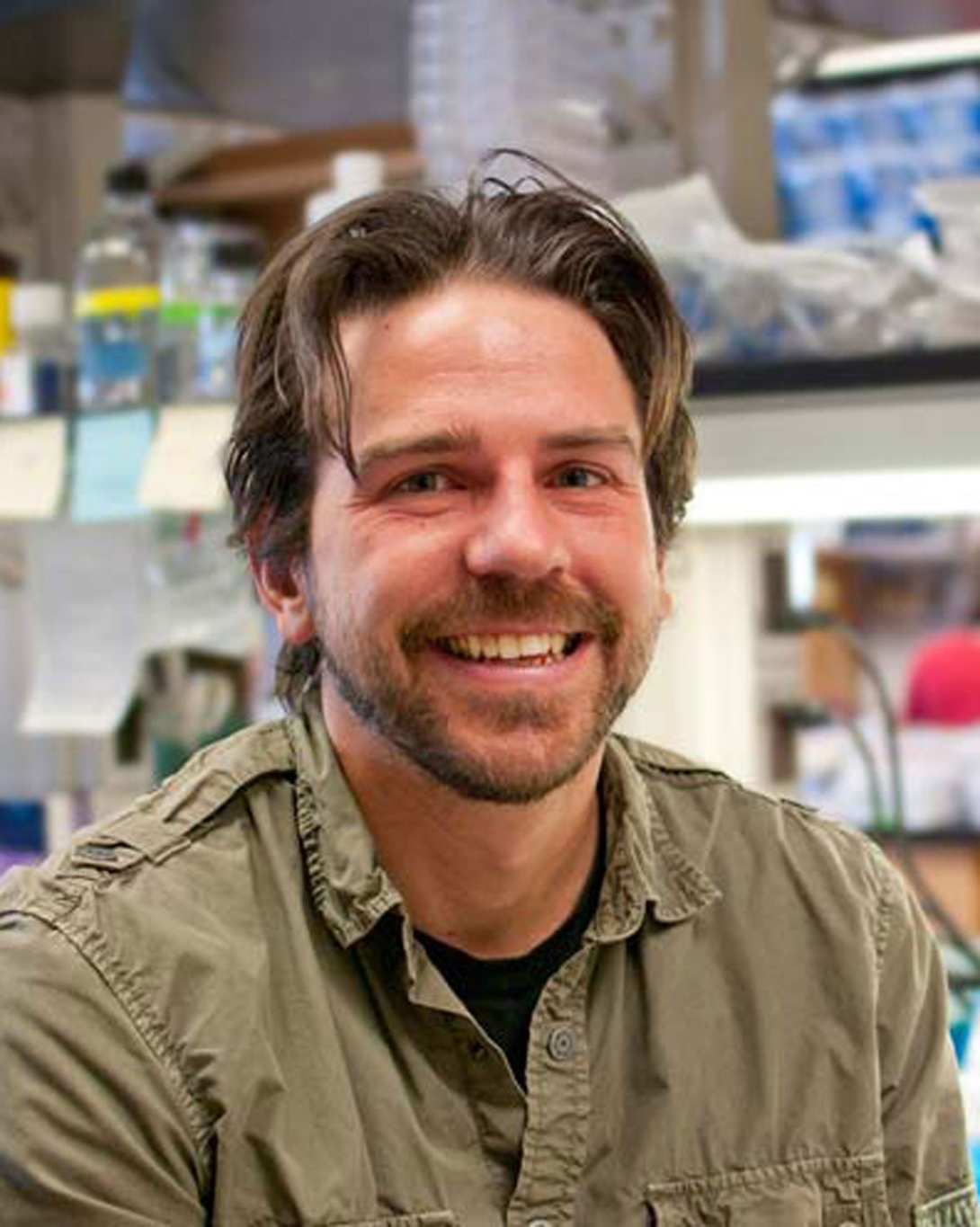
Associate Chair, Department of Human Genetics
Program Director, Human Genetics
Associate Professor of Obstetrics and Gynecology
Associate Professor of Urology
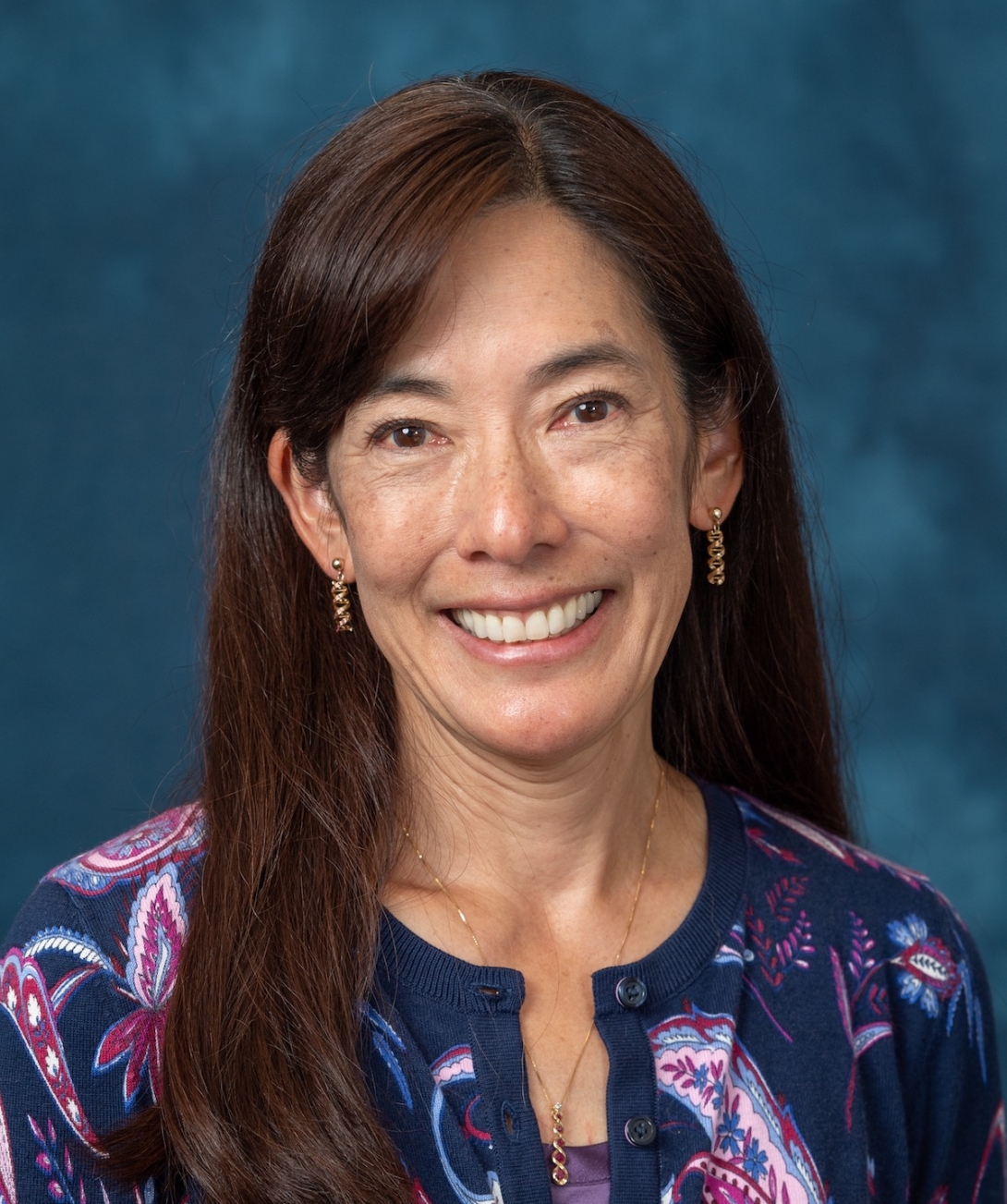
Associate Professor of Human Genetics
Associate Chair
Department of Human Genetics and Program Director
Human Genetics
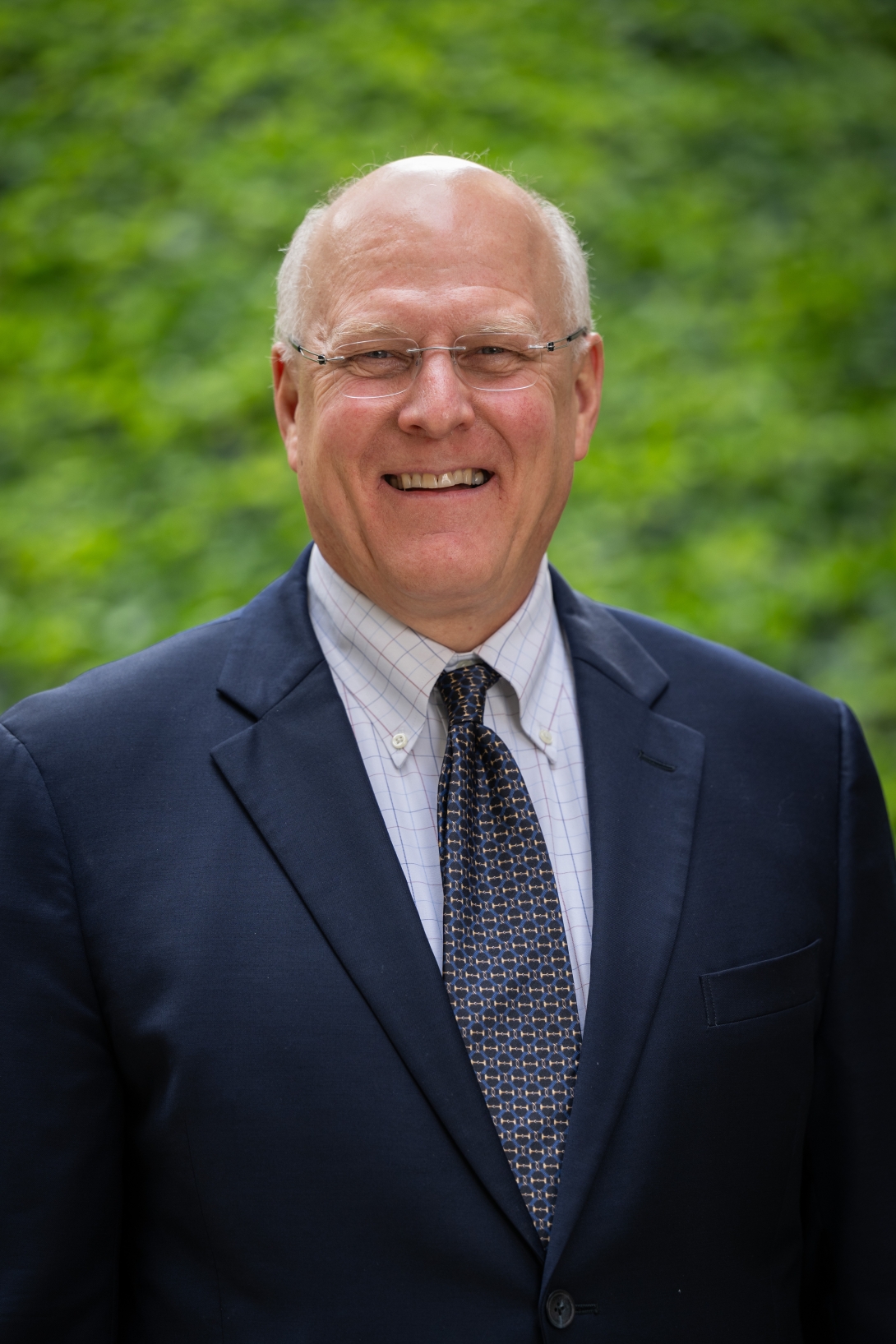
See how our department is structured and connected